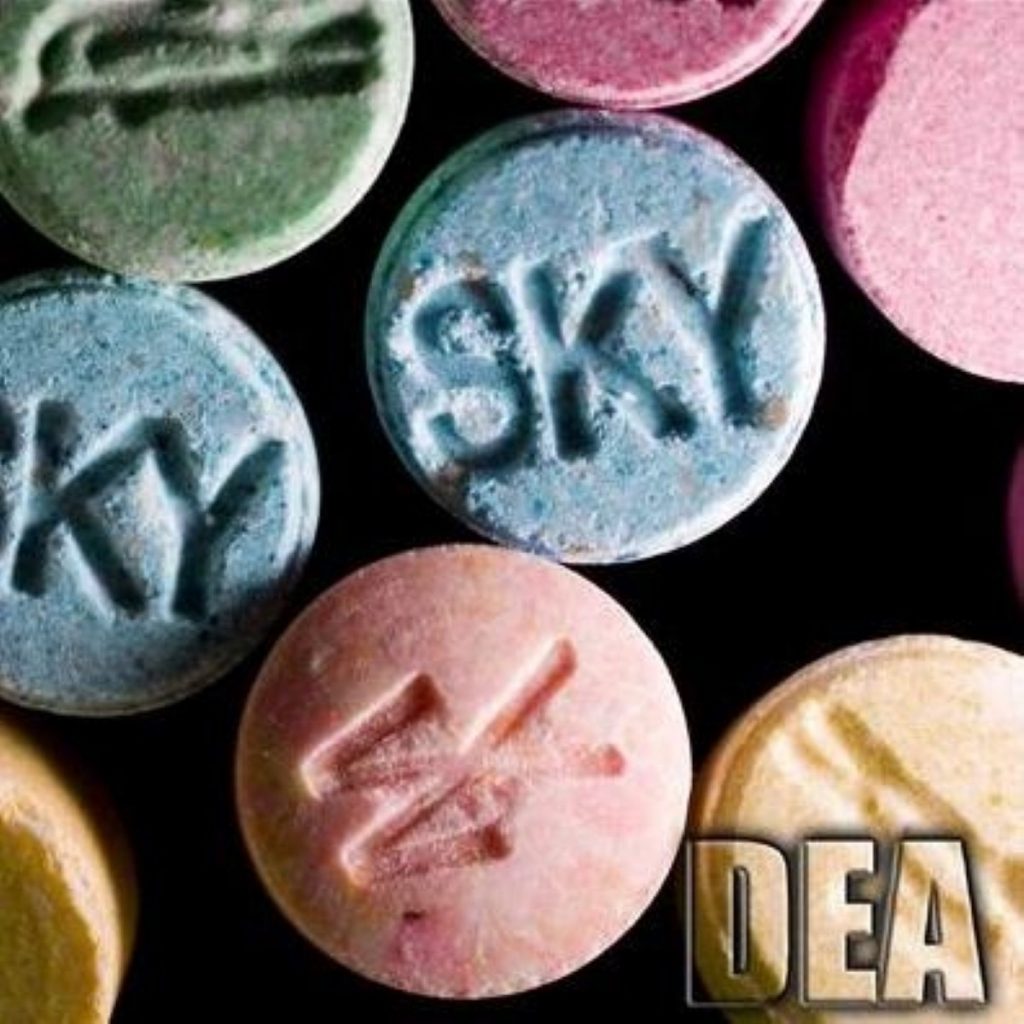Council calls for ecstasy downgrade
By Ian Dunt
The government’s advisory council on drugs has called for ecstasy to be downgraded to a class B drug today.
The body has consistently opted for a more liberal policy on drug use in recent years – last year warning against government moves to reclassify cannabis – and the Home Office is expected to ignore the suggestion.
The council’s chairman, Professor David Nutt, said: “After looking at all the evidence presented to us, and considering the harmfulness to individuals and society alongside other drugs within the same classification, the ACMD concluded that MDMA [the active ingrediant in ecstasy] should be reclassified to a class B drug.”
The decision comes as Prof Nutt received a rebuke from Jacqui Smith, the home secretary, for describing ecstasy’s dangers as similar to horse-riding.
Danny Kushlick, head of policy at drug reform group Transform, told politics.co.uk he welcomed the report but questioned the parameters of the Advisory Council’s remit.
“Truth is the first casualty of the drug war,” he said.
“We’re happy to support the relative truth of the science that lies behind the position that the council has taken. However, if they looked at the real science they’d see it highlights a need to end prohibition. Prohibition causes most of what we call the drug problem.”
Ecstasy is currently a class A drug, along with hard narcotics such as crack and heroin.
But drug experts argue the dangers of the drug – both medical and social – are vastly lower than the narcotics it is legally grouped with.
The council has previous expressed concern that young people – thousands of whom take ecstasy at the weekend – will simply ignore the classification system because it contrasts so sharply with their day-to-day experience.
“The problem with putting ecstasy in class A – and we will see what the report says – is that if thousands of young people take ‘e’ every weekend, and they see that it is in the same class as heroin and cocaine and crack cocaine, then it is hard to argue that those are particularly more dangerous than ecstasy,” Dr Evan Harris, the Liberal Democrat’s science spokesman, told GMTV.
The advisory council reviewed the latest evidence on ecstasy last year and held a secret ballot of its 31 members on the issue of re-classification.
The result does not appear to have been unanimous, but a majority voted to recommend a change in the drugs classification.
Martin Barnes, chief executive of the think tank DrugScope, told the Today programme: “It’s fair to say that the advisory council has probably carried out the most considered and detailed assessment of ecstasy ever carried out.
“It’s an unrivalled, internationally, body of experts and the key thing is that it’s independent.”
Today’s report will exacerbate tensions between the government and the council – which is now starting to be ignored as much as it is acknowledged.
Liberal Democrat home affairs spokesman Chris Huhne said: “There is no point in paying for experts if ministers are going to dismiss their advice before they receive it and publicly pillory them for expressing a scientific opinion.
“As the government seems to favour rhetoric over evidence, perhaps ministers should cut out the middle men and go straight to a committee of tabloid newspaper editors.”
Downing Street has made clear Gordon Brown stands by Ms Smith on the issue.
Referring to the ACMD, the prime minister’s spokesman said: “They make recommendations, but it is ultimately the government which makes policy… and it is the government’s firm view that ecstasy should remain a class A drug.”
There was also support for the government reaction from the Conservatives.
Shadow home secretary Chris Grayling said: “Downgrading ecstasy would have sent the wrong message.
“It is one of the very few substances that can cause otherwise healthy young people to die virtually on the spot, and so we should be extremely wary of any steps that make it appear a safer option.”
But Phil Willis, chairman of the unnovation, universities, science and skills committee, supported the report.
“In view of the government’s commitment to evidence-based policy making I call on it to consider the recommendations of advisory councils in a serious and measured way.”
Ms Smith’s decision to publicly lambast Prof Nutt for his comments were taken by many as an uncalled for intrusion in academic freedom.
Prof Nutt wrote: “Drug harm can be equal to harms in other parts of life. There is not much difference between horse-riding and ecstasy.”
Saying that horse-riding accounted for more than 100 deaths a year, he asked why “society tolerates – indeed encourages – certain forms of potentially harmful behaviour but not others such as drug use”.
Ecstasy use is linked to about 30 deaths a year.
Mr Kushlick said: “Clearly David Nutt stands as a paragon of virtue compare to the posturing of the home secretary, Dave Cameron and almost everyone else in parliament, bar Evan Harris and another couple of notable exemptions.”
Ms Smith described his comment as ‘disappointing’ and he was later forced to apologise.





-01.png)